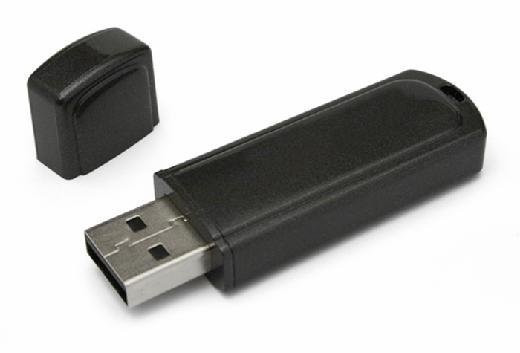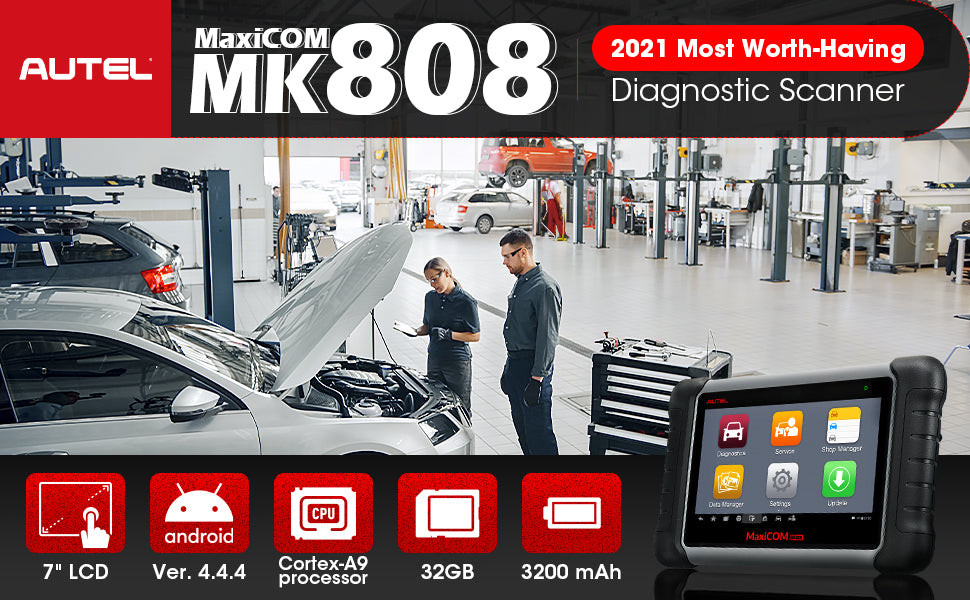What is TOYOTA? Understanding Jidoka: Automation with a Human Touch
Toyota is globally renowned for its efficient production system and the high quality of its vehicles. At the heart of this reputation lies a principle known as Jidoka. Originating from the Toyota Production System (TPS), Jidoka is often described as “automation with a human touch,” representing a unique approach to manufacturing that prioritizes both efficiency and quality.
Defining Jidoka: Automation with Human Intelligence
Jidoka goes beyond simple automation. It embodies the idea that machinery and equipment should be intelligent enough to detect abnormalities in the production process. These abnormalities can range from equipment malfunctions to quality defects or even delays in the workflow. When such an issue arises, Jidoka empowers the system to automatically stop, or allows a human operator to halt the line using a stop cord. This immediate halt is crucial for preventing the flow of defective products further down the line, ensuring that quality is built into every stage of manufacturing.
This concept of “automation with a human touch” emphasizes that while machines are essential for efficiency, human wisdom is indispensable for identifying and resolving problems. It’s not just about automating tasks; it’s about creating a smart system where machines and humans work together to maintain high standards.
The Benefits of Jidoka in Toyota’s Production
The implementation of Jidoka yields several critical benefits for Toyota. Firstly, it drastically reduces the outflow of defective products. By stopping production immediately upon detecting an abnormality, the system prevents faulty parts from progressing to the next stage, saving resources and maintaining product integrity. Secondly, Jidoka facilitates a proactive approach to quality control. By making abnormalities visible and prompting immediate action, it allows for the identification of root causes and the implementation of preventative measures, continuously improving process quality. Finally, the ability of machines to self-stop when issues occur reduces the need for constant human supervision, freeing up human labor for more value-added tasks like process improvement and kaizen activities.
Kaizen and Human Wisdom: The Foundation of Jidoka
Crucially, Jidoka at Toyota is deeply rooted in the principle of kaizen, or continuous improvement. The development of Jidoka systems doesn’t begin with advanced machinery, but with a deep understanding of manual work. Toyota emphasizes that to automate effectively, one must first master the process by hand, identify potential errors, and then replicate those error-detection capabilities in machines. This approach involves rigorously applying kaizen to manual processes, eliminating waste (muda), inconsistencies (mura), and overburden (muri) to create standardized, repeatable workflows that anyone can perform. Only then can these refined processes be effectively automated with built-in abnormality detection.
This philosophy highlights that while technology plays a vital role, human ingenuity and continuous improvement are the driving forces behind Toyota’s manufacturing excellence. Machines and robots are tools, but it is the human capacity for kaizen and problem-solving that truly elevates the production system. By constantly refining both human skills and technological processes, Toyota remains committed to delivering ever-better vehicles to its customers. This dedication to human resource development and independent thinking, combined with the principles of Jidoka, defines what TOYOTA stands for in the automotive world and beyond.




